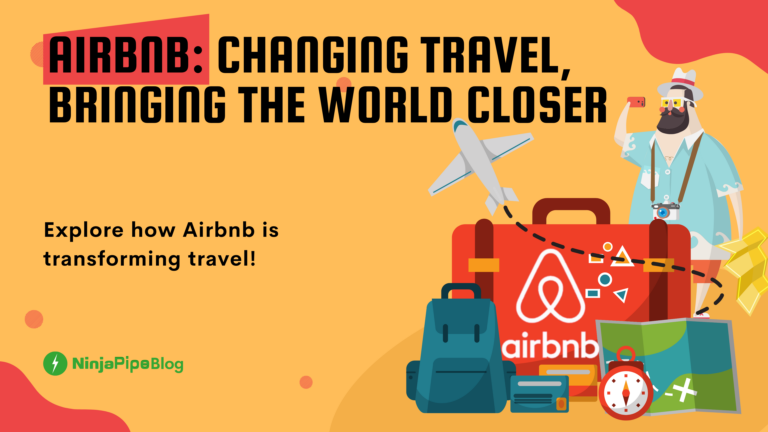The power of word-of-mouth marketing with this comprehensive guide. Learn how to harness customer referrals, brand advocacy, and social proof to boost your brand’s reach and engagement.
In today’s world, where the constant strike of advertisements overwhelms consumers, traditional marketing strategies are becoming less effective. According to Optimove, nearly a third of consumers feel overpowered by these messages, with a surprising two-thirds desiring a reduction in ads.
In response to this marketing problem, consumers are increasingly turning to trusted sources like friends, family, and online communities for product recommendations. This shift has given rise to the power of word-of-mouth marketing, where satisfied customers become brand advocates, promoting products within their social circles.
So, what exactly is word-of-mouth marketing, and how can businesses apply its potential? Let’s look into the basics:
What is Word of word-of-mouth marketing?
Word-of-mouth marketing occurs naturally when consumers share their experiences and opinions about a brand or product. This can manifest in various forms, including:
- Online Reviews: Genuine reviews shared by customers play a significant role in shaping brand perception.
- User-Generated Content (UGC): Encouraging customers to create and share content related to the brand fosters authenticity and strengthens connections.
- Social Listening: Monitoring conversations on social media platforms provides valuable insights into consumer sentiment and perceptions.
- Influencer Marketing: Collaborating with trusted influencers amplifies brand reach and credibility among their followers.
- Blogging: Establishing thought leadership through engaging content sparks conversations and cultivates community engagement.
The Benefits of Word of Mouth Marketing
- Cost-Effectiveness: Unlike traditional advertising, word-of-mouth marketing relies on organic promotion, making it a more economical option for businesses.
- Influence and Credibility: Recommendations from peers carry significant weight, driving purchasing decisions more effectively than paid advertisements.
- Authenticity: Genuine endorsements from satisfied customers build trust and credibility, fostering long-term relationships.
- Customer Engagement: Direct interactions with customers through word-of-mouth initiatives facilitate meaningful engagement and feedback.
- Brand Protection: Constant monitoring of brand sentiment allows for timely responses to any negative feedback, safeguarding brand reputation.
Implementing Word of Mouth Marketing
To leverage the power of word-of-mouth marketing effectively, businesses must:
- Know Your Audience: Understanding your target demographic’s preferences and behaviors is crucial for crafting tailored marketing strategies.
- Focus on Product Experience: Prioritize delivering exceptional user experiences that leave a lasting impression on customers.
- Craft Compelling Messaging: Clearly communicate the unique value proposition of your product or service to resonate with your audience.
Measuring Success
While quantifying the impact of word-of-mouth marketing can be challenging, businesses can track success through :
- Social Listening Tools: Monitoring online conversations and brand mentions provides valuable insights into consumer sentiment.
- Customer Surveys: Gathering feedback from customers regarding their sources of brand discovery helps gauge the effectiveness of word of mouth.
- Loyalty Programs: Tracking referrals and promotional code usage offers tangible metrics for evaluating the success of word-of-mouth initiatives.
Successful Examples
Here are three inspiring examples of effective word-of-mouth marketing campaigns:
- Threadless: Empowering artists to create and share designs fosters a vibrant community around the brand, driving engagement and sales.
- Sozy: By aligning its brand with social and environmental causes, Sozy creates a compelling narrative that resonates with customers, driving loyalty and advocacy.
- Canva: Through its ‘Design Stories’ series, Canva showcases real-life success stories, inspiring its audience and fostering a sense of community.
In conclusion, word-of-mouth marketing offers businesses a powerful tool for building credibility, fostering customer loyalty, and driving sustainable growth. By prioritizing authentic connections and meaningful engagement, businesses can apply the full potential of this invaluable marketing strategy.








Leave a Comment